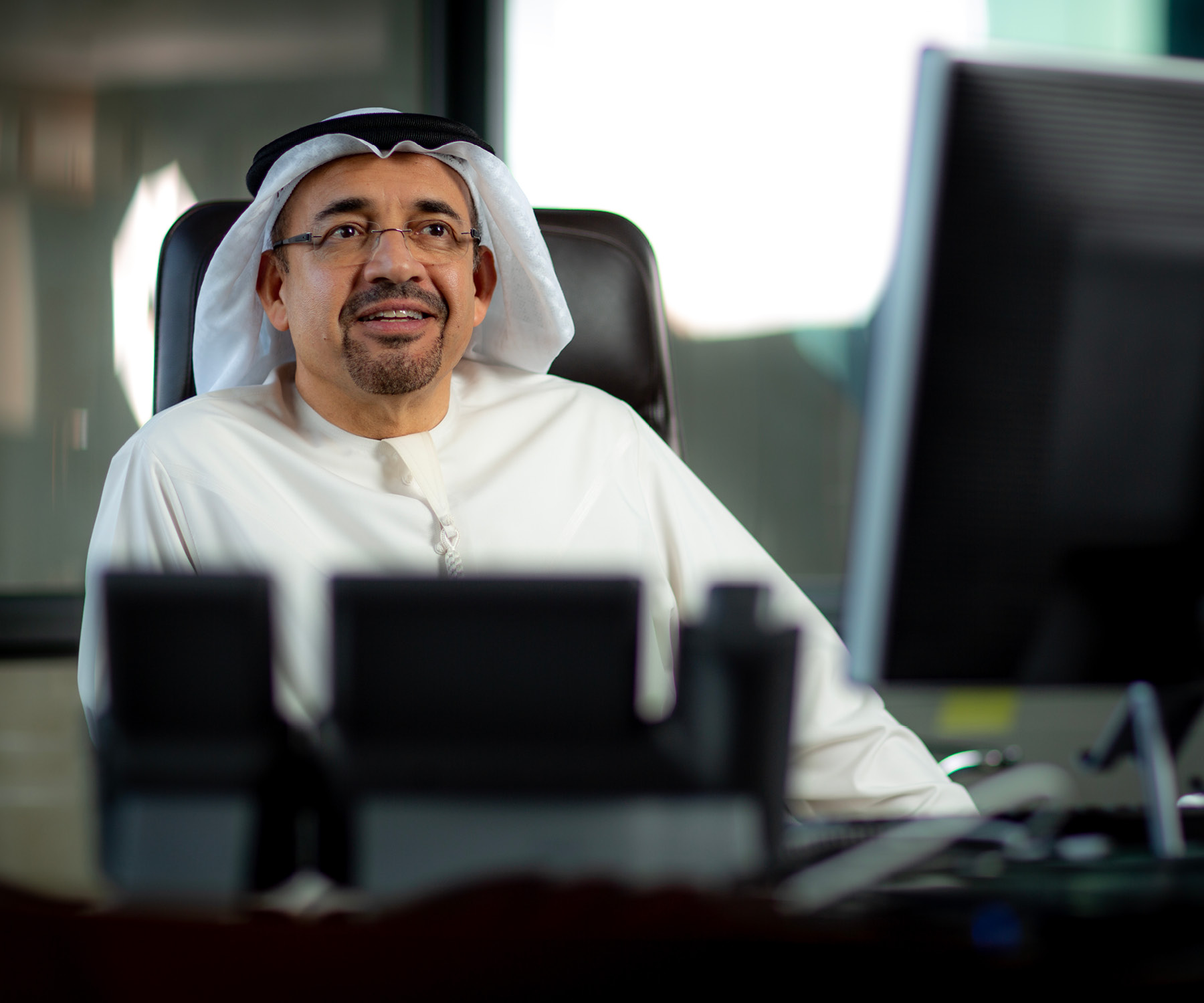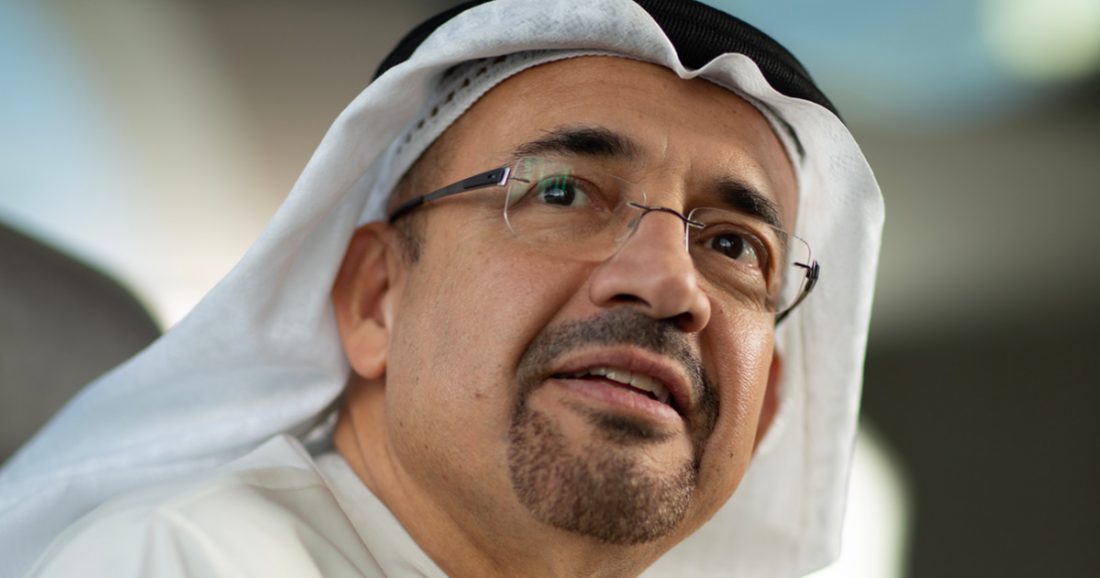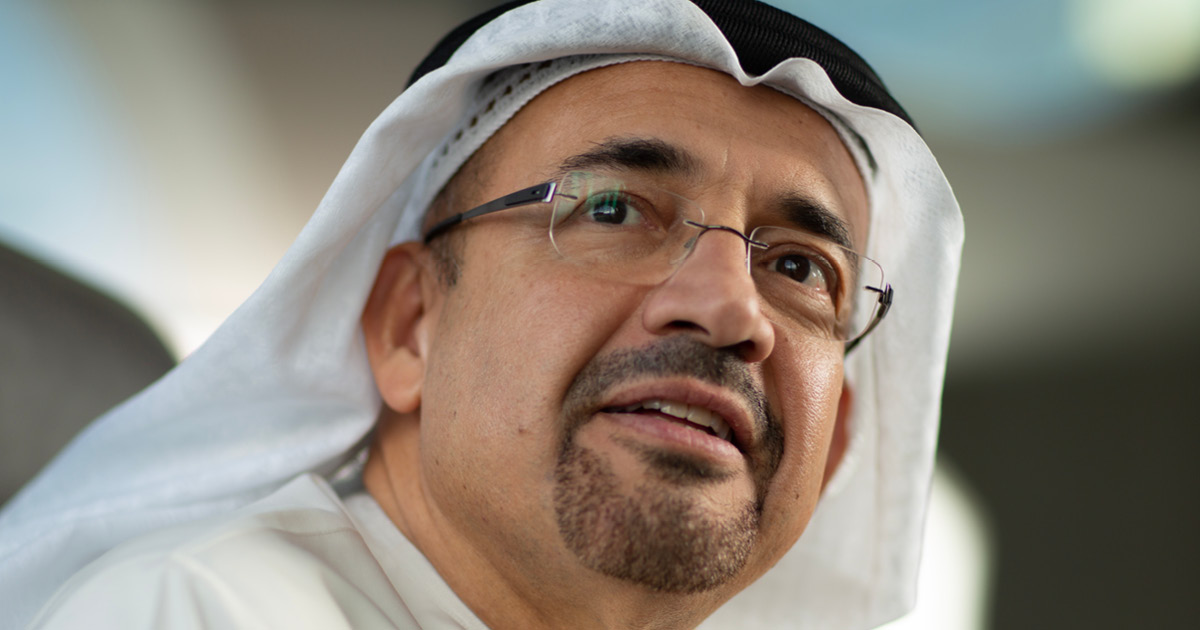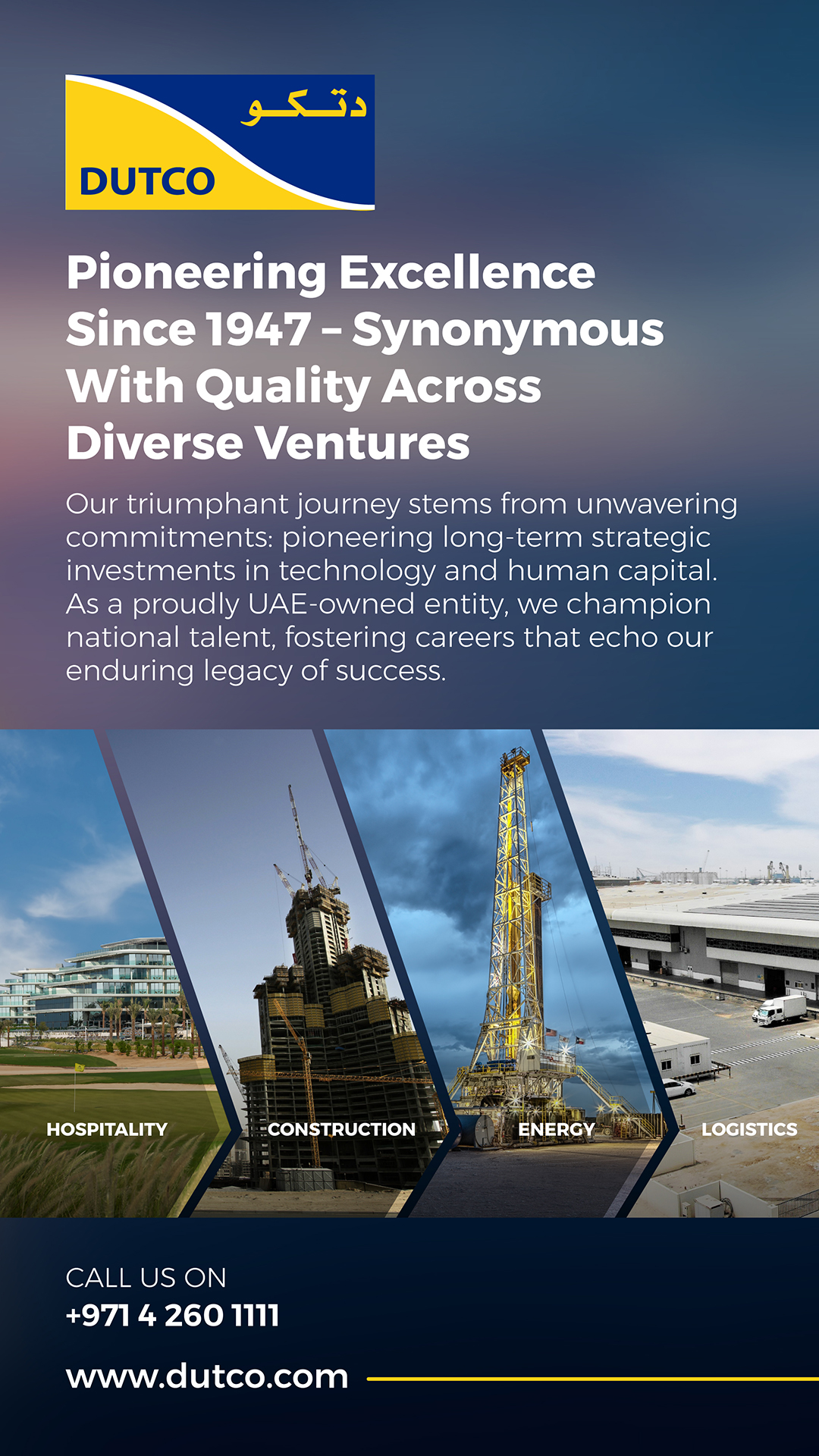Habib Al Mulla could be considered one of the builders of the United Arab Emirates’ modern, globalized economy.
Over the course of his 40 years practicing law, he has drafted and advised on some of the country’s most important legal frameworks, including the establishment of the Dubai International Financial Centre – a sprawling special economic zone with a distinct legal system.
Al Mulla has also held numerous government positions. He has been a member of the Federal National Council, the federal parliament of the United Arab Emirates, the Legislative Committee and the Economic Committee. But despite these illustrious and high-stakes assignments, he still considers the law firm he built to be his crowning achievement.
“Aside from a few government positions, this is the only thing I’ve done in the past 40 years,” he tells The CEO Magazine. “This firm is my core practice.”

“If you want to grow and be a player that people notice, you need to work on a regional level.”
Habib Al Mulla and Partners has gone through a few major transformations since its initial founding in the 80s.
“When I started in 1984, I had very limited experience,” Al Mulla recalls. “But I gained experience over the course of the years we continued to work.”
That learning on the job paid off because in 2013, the firm merged with the local branch of Chicago-based global firm Baker McKenzie. That merger lasted until 2022, when Habib Al Mulla and Partners became independent once again, this time with a more professionalized leadership and workforce and a vision for growth.
“The expertise and knowledge we accumulated gave us a new vision on how to structure the firm and how to maintain its development and progress, as well as how to face new challenges,” Al Mulla says.
A Regional Player
The firm’s newfound expertise would be crucial as it emerged into a world that looked nothing like the one that existed back when it was a standalone company.
“The market had changed, technology had changed, competition had changed,” Al Mulla reveals.
The United Arab Emirates now had nearly a thousand lawyers and was full of international firms jockeying for business in a booming and rapidly changing economy.
“We realized we had to deal with the market with a different approach, different capabilities and different tools,” he says.
Habib Al Mulla and Partners has embraced new technologies, such as AI, that add efficiency to communicating with clients, training staff and other processes.
“We are using these tools to increase efficiency, reduce cost, increase communication with clients, increase productivity – and to make sure we don’t get left behind,” he explains.
Another change from the 80s and 90s, according to Al Mulla, is that it is no longer sufficient for a local firm to deal only with local cases.
“If you want to grow and be a player that people notice, you need to work on a regional level, and show clients that you can serve them in areas and jurisdictions where they also operate,” he points out.
To that end, Habib Al Mulla and Partners opened an office in Istanbul in late 2023 – the firm’s third office and the only one outside the United Arab Emirates, although Al Mulla intends to open additional international offices in the coming years. In the meantime, the firm has forged associations with like-minded firms in Kuwait, Lebanon, Saudi Arabia and Egypt, maintaining a presence in most of the major business hubs in the region.
The company has also broadened its expertise, becoming one of the few law firms in the United Arab Emirates that has a tax practice.
“With implementation of value-added tax and the coming implementation of a corporate tax, taxation has become more important than ever,” he confirms.
“Clients want to have a full approach. They don’t want you to design their entire corporate structure, just to find out in a year’s time that they are paying unnecessary taxes. We think this is one offering that makes us the firm of choice to our clients.”
Honesty and Trust
Since its split from Baker McKenzie in 2022, Habib Al Mulla and Partners has also adopted a new approach to recruitment.
“Many years ago, you would recruit a lawyer on the basis of their technical capabilities – if they are a good lawyer in their area of practice, that’s enough for them to be recruited or promoted. Today, that is not enough,” Al Mulla says.
“You need a lawyer who is proficient with technology, who can communicate with clients, who has public speaking skills. The whole approach to recruitment has changed.”

“The ultimate success is gaining and maintaining the confidence of your workforce, your partners and your clients.”
This new approach will be key as the firm embarks on a new goal for the next three-to-five years: to have 100 lawyers on its books. With 36 lawyers at the moment, this will be a challenge, but it is one Al Mulla believes his business can achieve.
“We are not thinking of being just a medium-sized law firm compared to our peers in the country, but to be one of the largest local law firms in the country,” he insists.
By recruiting the right people, Al Mulla believes he and his company can achieve success.
“Success includes a combination of different things. The financial aspect is one, but the ultimate success is gaining and maintaining the confidence of your workforce, your partners and your clients,” he notes.
Whether it is with a new recruit, such as its key supplier Dutco Interiors, which built the firm’s offices, or a long-term client, Al Mulla seeks to build relationships of honesty and trust.
“Our reputation is our main asset,” he says. “Anything after that to us is only icing on the cake.”





